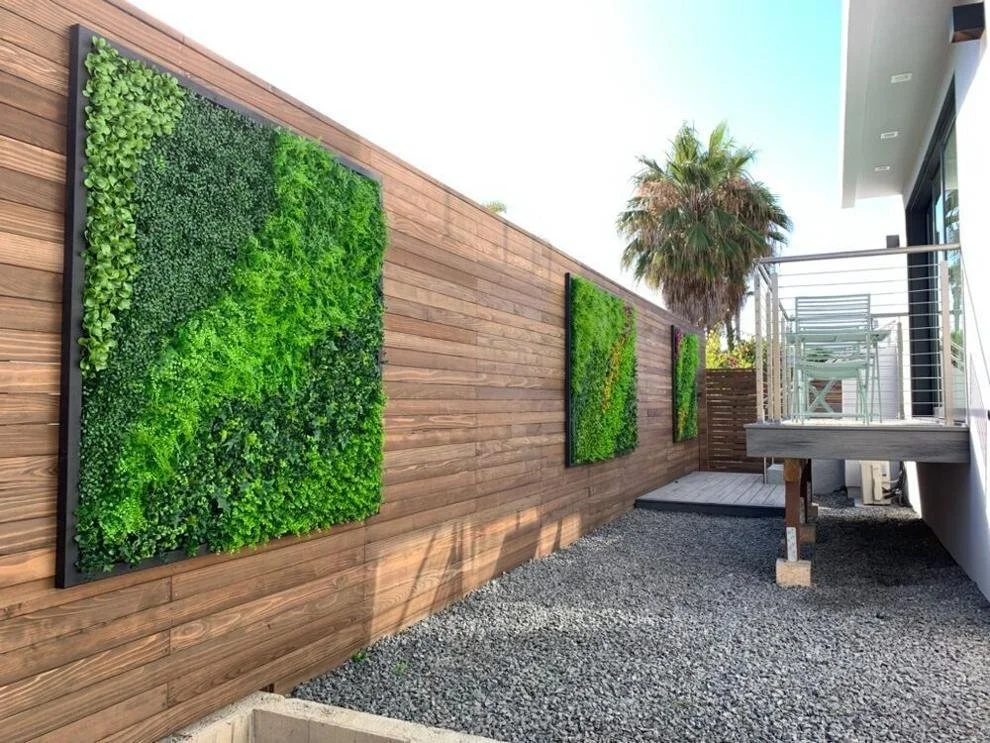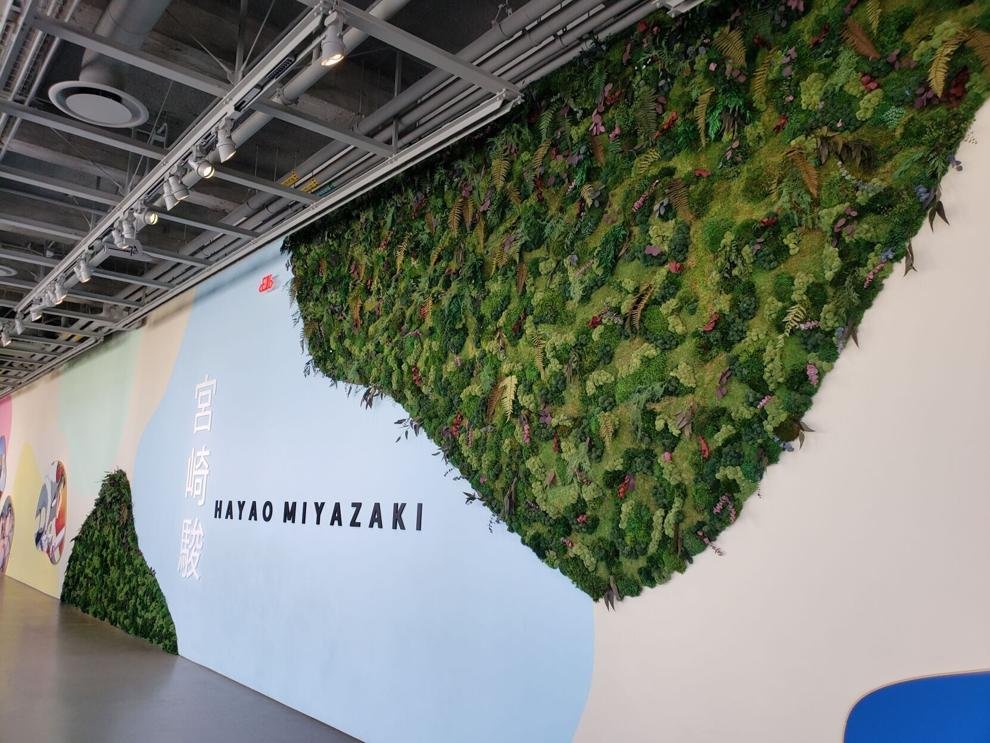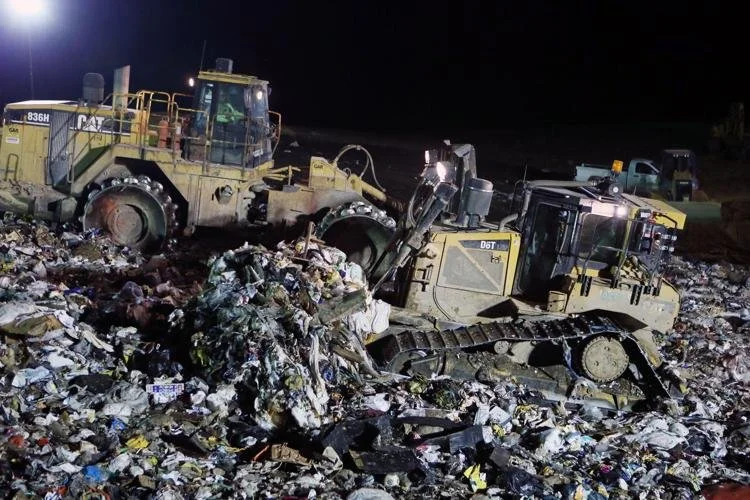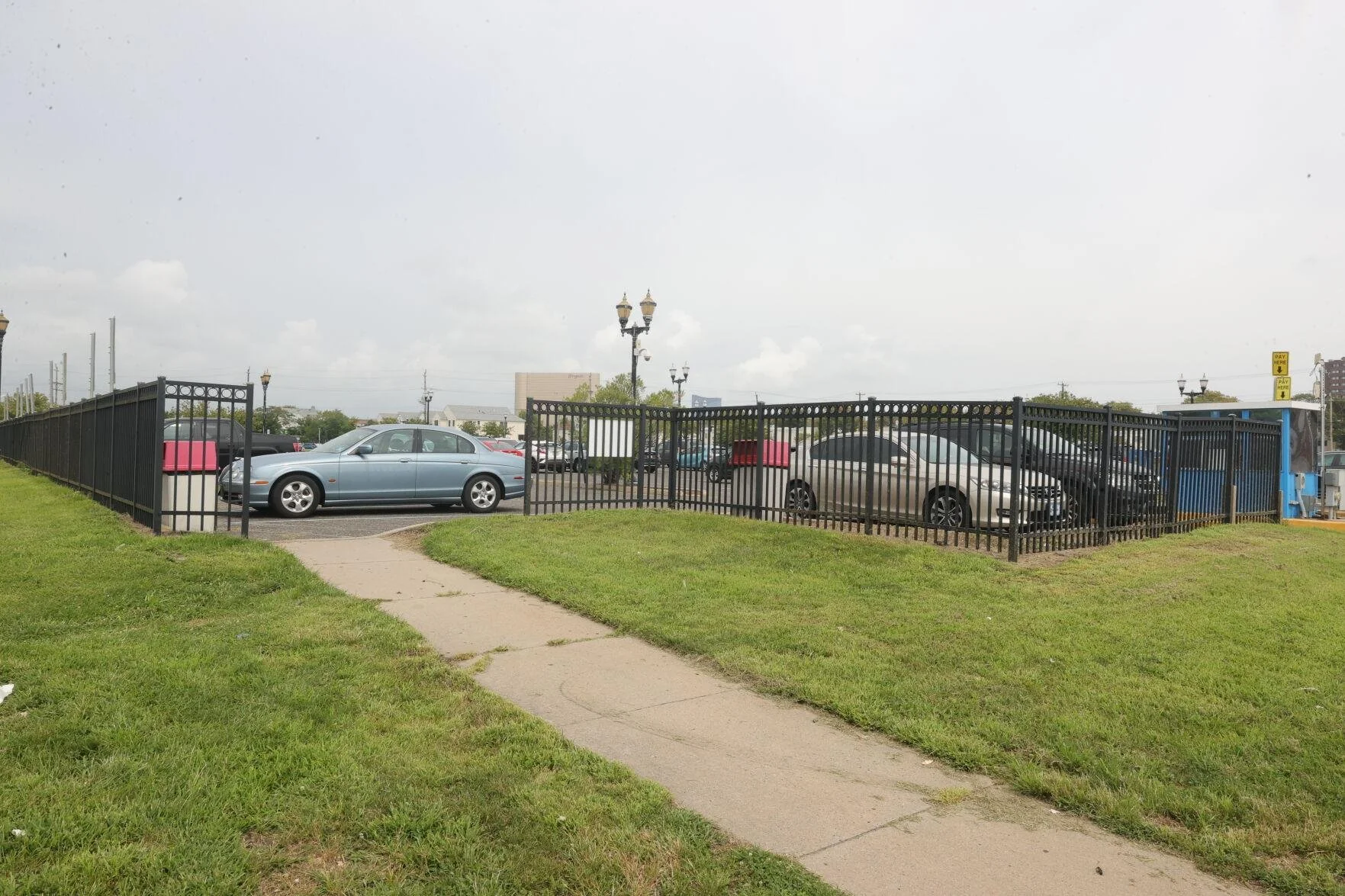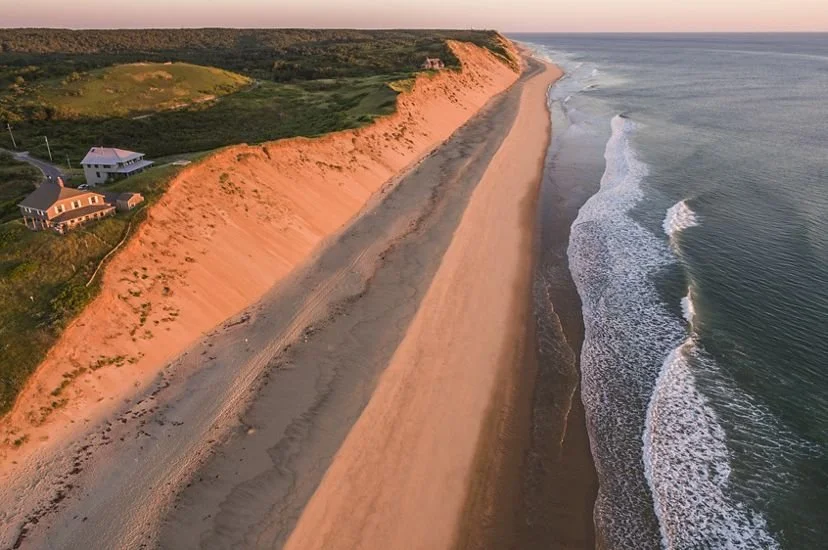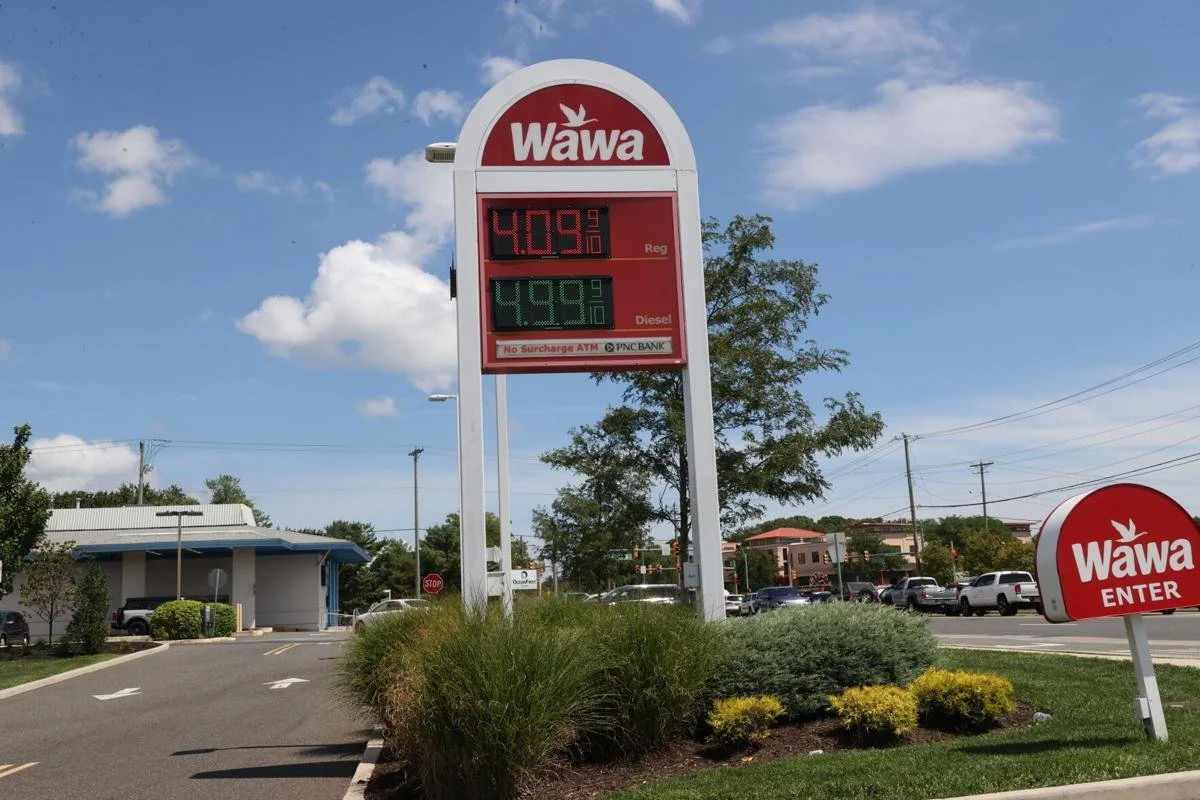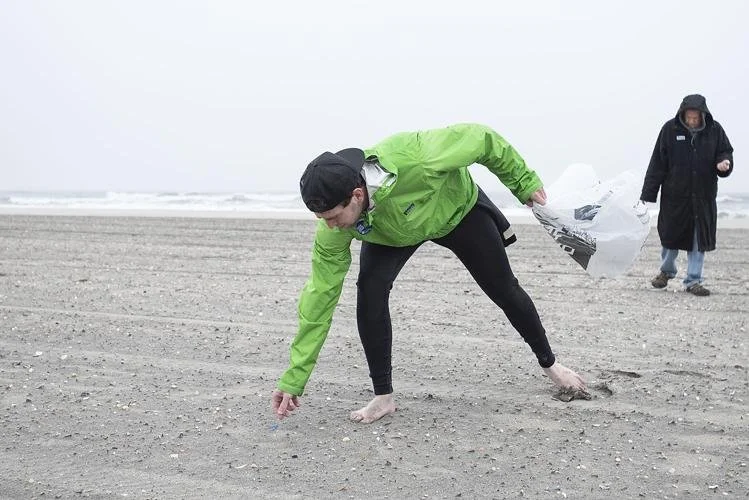Design firm transforms spaces with vertical gardens and green wall décor
Eco-aesthetic
This project focuses around bringing green walls into spaces around Atlantic City. The goal is to liven up these spaces and bring more beauty to them. The spaces that are chosen are ones that are seemingly empty and dull. The walls are made of succulents or moss or other vegetation. The use of green spaces is to draw people in and create an interactive moment where photos can be taken. Although the clients of these green walls may only be thinking about it from a beauty standpoint, these green walls help with blocking noise and adding greenery back into an industrial location. The challenge that these green walls pose is maintenance. These walls need to be upkept and luckily, the company that installs them also maintains them for their clients.
With landfill closure on horizon, ACUA explores waste-conversion technology
Eco-technic
The event of closing the landfill is an important event as landfills harm the earth significantly and with the aim to close that is something monumental. The Atlantic County Utilities Authority landfill is an important site as it is the location of where the majority, if not all, the trash in the county is sent. The Atlantic County Utilities Authority are the ones that are working to create s better use of the trash utilizing new technology. This embodies the chosen logic of eco-technic because the goal of closing the landfill is to utilize new technology to turn the waste into renewable energy to put back into the county. The challenges that the project has to overcome are the cost of the new tech as it is not cheap and securing permits to be able to accomplish what they aim to do.
Groundbreaking for $18.5 million Atlantic City supermarket set for Nov. 18
Eco-medical
This event is important because it is bringing a new supermarket to an area that has no big brand store. The store that is opening up is a Shoprite. The Casino Reinvestment Development Authority’s Board of Directors and Village Supermarket Inc. are the players with this event. The location for this project is ideal because as stated above, there are no other supermarkets within the area and this would be beneficial. The reason eco-medical was chosen for this project is for the reason the city is considered a “food desert” because access to affordable, healthy food is limited due to the absence of a major supermarket. With the addition of the supermarket, locals can gain access to better food which leads to healthier living. The challenges that would be faced for this project could be local pushback, an influx in traffic that would cause issues, or permits that need to be acquired.
Nature Conservancy Water Erosion Mitigation
Eco-centric
Atlantic City Electric partnered with The Nature Conservancy and US Fish and Wildlife Service (USFWS) to construct a 3,000-ft living breakwater comprised of mesh bags of recycled oyster shell and concrete oyster castle blocks at The Conservancy's Gandy's Beach Preserve in Cumberland County, NJ. The goal is to reduce erosion of the neighboring marsh, which protects key infrastructure for the town of Gandy's Beach, while creating a self-sustaining oyster reef. The project has been successful in collecting sediment, reducing wave energy by an average of 40%, and in forming an oyster reef for fish and other marine life.
Why doesn’t Atlantic City have a Wawa
Eco-social
Wawa has 983 retail locations and 279 of them are located within New Jersey. That being said, there isn’t a single location located within Atlantic City itself and people are left wondering why. For something so trivial, it is a big deal for those that live within Atlantic City and some think that developing the land with apartment buildings will in turn be an invite for Wawa to build within the city.
Cleaning up the ocean one hand at a time
Eco-cultural
Clean ocean activists started their day with a beach cleanup at S. Bartram Avenue on Saturday, fanning out over what appeared to be a clean beach to find countless small pieces of plastic, bottle caps and fragments of balloons.
Then the group held hands and fanned out across the beach in a Hands Across the Sand protest against offshore drilling and plastics pollution. The event ended with long-distance paddler and environmental activist Margo Pellegrino, of Medford Lakes, starting an 18-day paddle to Washington, D.C.
Microplastics are increasingly what is left on the beaches after communities use machinery to pick up larger litter, said Kwart. Whole water bottles may not be there, but fragments of them are.
“That’s what fish are eating. It’s what’s getting into the food chain, and into us,” Kwart said.
